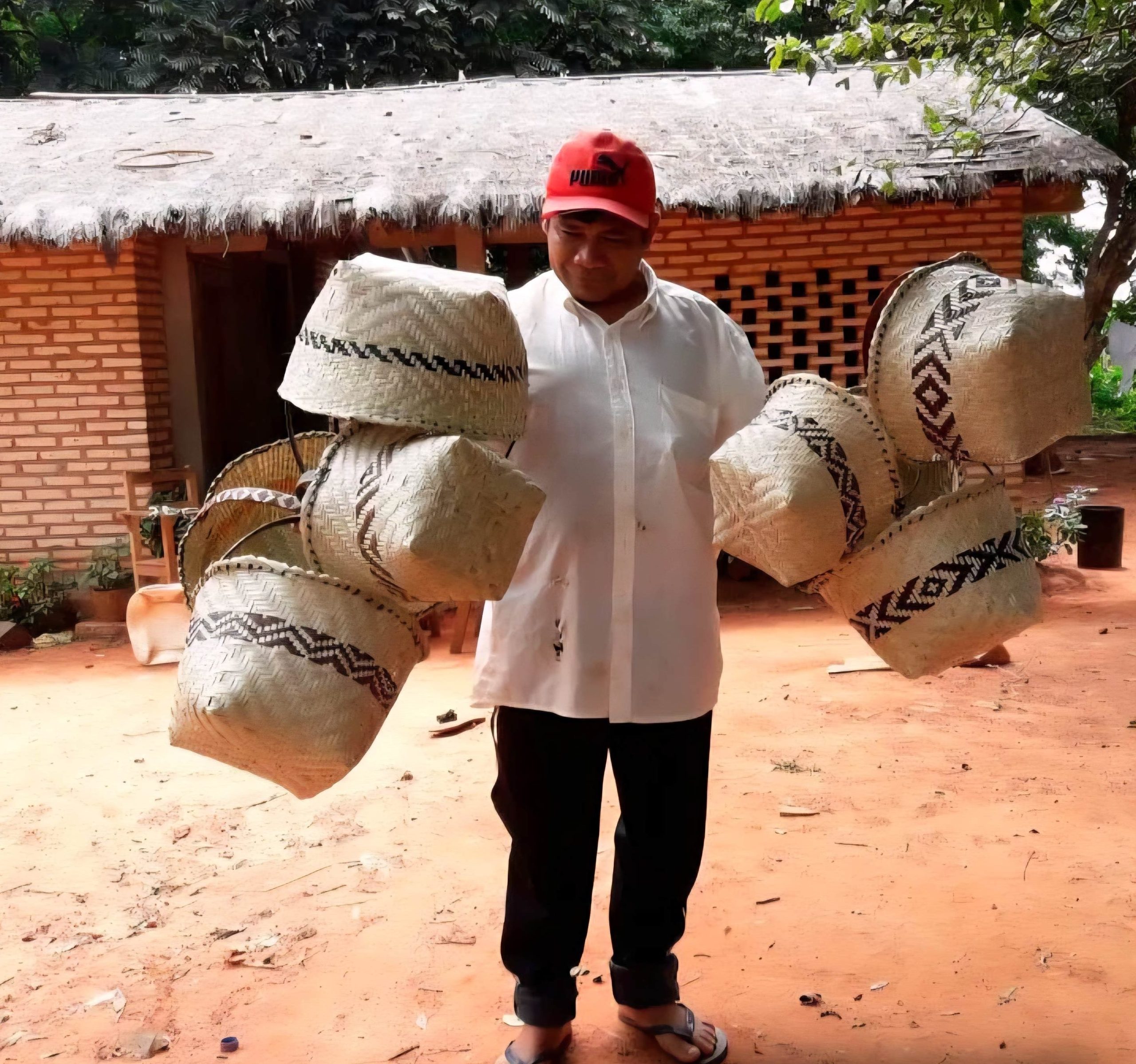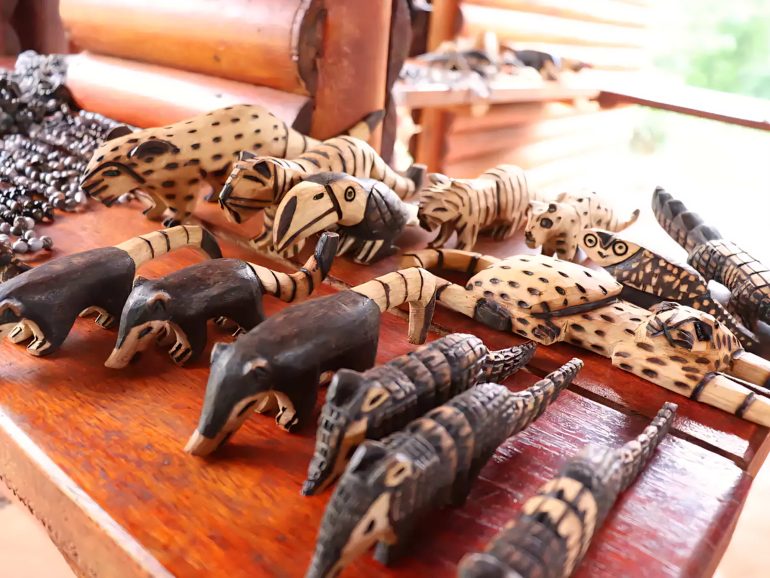Community-based tourism is emerging in Paraguay as a powerful tool for local development, social inclusion and the conservation of cultural and natural heritage. Driven by the National Tourism Secretariat (SENATUR) and supported by international organisations, this model decentralises the tourism offerings, strengthens rural and indigenous economies, and provides visitors with authentic experiences rooted in daily community life.
Early initiatives to the current community tourism model
Rural and community tourism began to take shape in Paraguay during the 1990s, when family farms and ranches opened their doors to travellers interested in taking part in agricultural activities. In that period, organisations such as the Paraguayan Association of Rural Tourism (APATUR) and the Missionary Tourism Enterprise (EMITUR) appeared, together with farm schools designed for rural education.
Later, projects such as “Community Tourism” led by Capilano University of Canada with local partners, including Universidad Columbia and Universidad Americana, introduced pilot experiences in Misiones and Ñeembucú, two out of the seventeen Paraguayan departments, located at the northwest and southwest respectively, laying the groundwork for present-day community tourism and immersive tourism.
In 2006, the “Promotion of Tourism of the Missions in the Guaraní World” programme, supported by the Inter-American Development Bank (IDB), built a network of micro and small tourism businesses around Franciscan and Jesuit mission sites. In 2011, SENATUR replicated in Paraguay the Colombian model of Tourist Inns, which today operate in six departments (Itapúa, Paraguarí, Ñeembucú, Canindeyú, Central and Guairá).
Training, guidelines and international cooperation
To underpin the sector’s growth, SENATUR published the “Manual for Community Rural Tourism Enterprises” within the Araucaria XXI Project with AECID (Spanish Agency for International Development Cooperation) and the “Manual for the Management of Tourism in Rural Paraguay” with REDIEX (The Investment and Export Network, which is a Paraguayan government initiative).
These documents established clear standards for agrotourism, farm schools, camping, agro-technological tourism and community-based rural tourism. At present, Paraguay is strengthening cooperation with Japan and South Korea. Together with JICA, SENATUR is adapting the SHEP (Smallholder Horticulture Empowerment and Promotion) model, which empowers small producers by linking them to value chains and promoting sustainable tourism experiences.
Projects for “ecomuseums” that combine tourism and heritage conservation are also under development. Through KOICA, South Korea contributes volunteers and technical expertise to enhance Jesuit Mission tourism and Guaraní community initiatives, encouraging inclusive and long-term growth.
Indigenous communities as hosts

Indigenous communities are now active hosts rather than passive recipients. Three emblematic cases are:
- Mby’a Guaraní Guavirami Community (Trinidad, Itapúa): guided walks along natural trails, craft workshops and the first Mby’a Guaraní choir in Paraguay, with ancestral songs in the original language.
- Mby’a Guaraní Carrería Cué Community (Presidente Franco, Alto Paraná): an interpretive trail of 1,100 metres through the Atlantic Forest in the Moisés Bertoni Scientific Monument, combined with cultural encounters of music, dance and craft sales.
- Mby’a Guaraní Pindó Community (San Cosme y San Damián, Itapúa): traditional medicine, wild yerba mate and ancestral hunting techniques alongside crafts made from natural fibres and seeds.
These initiatives have received technical and financial support. The IDB-financed project in 2017 provided guide training, community branding, the construction of trails and reception areas, and environmental management plans to mitigate impacts.
Young and creative community tourism
Youth training is a further priority. Programmes such as “Young and Creative Tourism” involve SENATUR, the Office of the First Lady, the Ministry of Industry and Commerce, the National Youth Secretariat and the Paraguayan Institute of Handicrafts. The scheme develops entrepreneurial skills among young people and awards seed capital to the most innovative projects, thus expanding tourism beyond the capital and major border cities.
Community-based tourism in Paraguay combines sustainability, inclusion and economic development. It generates direct income for host families, preserves living culture and widens the national offer at a time when international visitors are seeking authentic and responsible experiences.
With international cooperation and community commitment, Paraguay is moving towards a model that strengthens both cultural identity and the social fabric, while opening new horizons for the country’s tourism industry.


